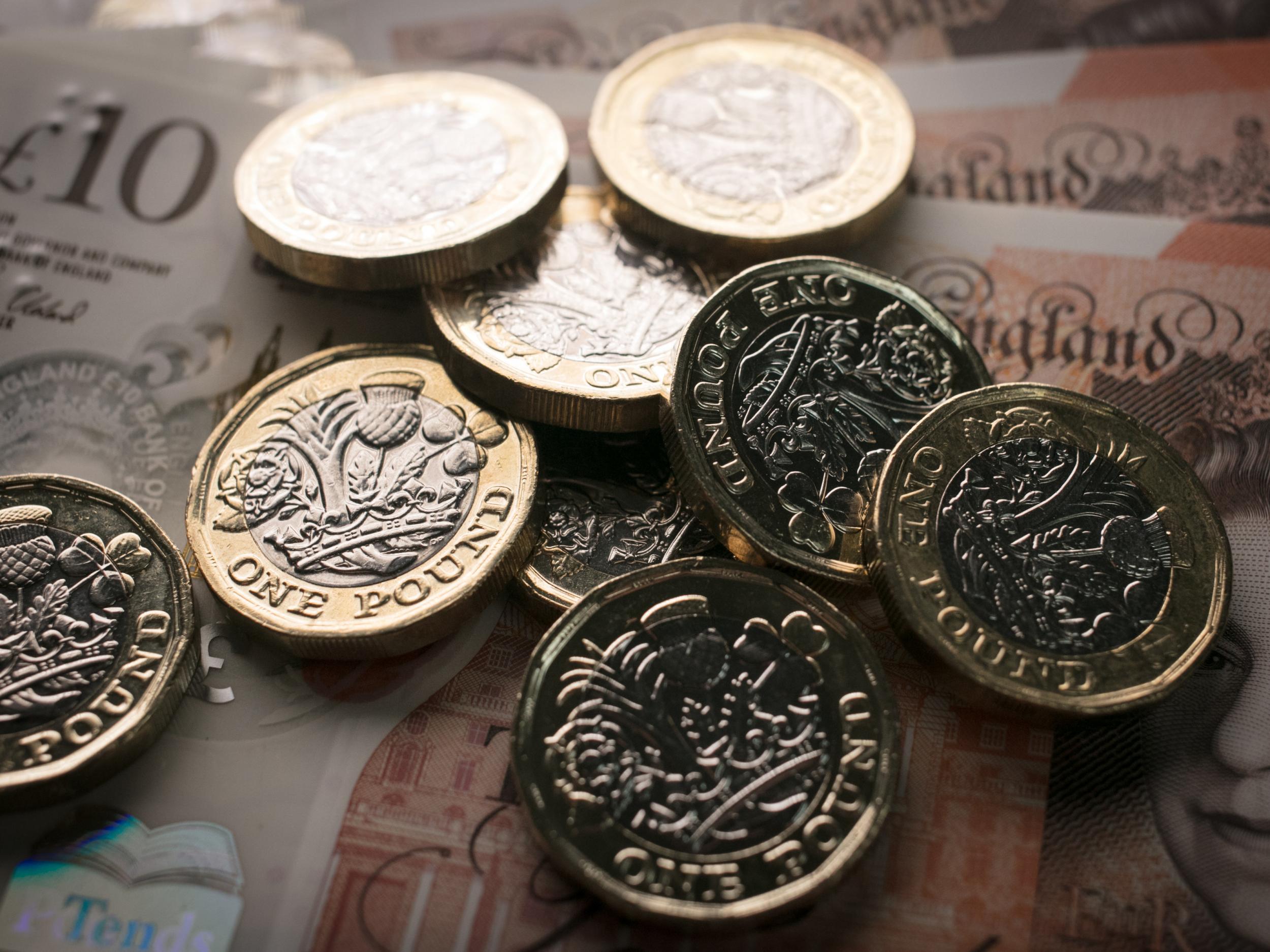The pound’s stellar start to the year is unlikely to be a sign of things to come for the rest of 2018, according to market strategists.
A Reuters poll published on Thursday shows that forecasters generally think that Brexit concerns will start weighing on sterling’s value, bringing to an end several months of recovery.
On a trade-weighted basis, which examines the pound’s performance against a basket of other currencies, sterling is still around 10.5 per cent below where it was trading before the UK’s June 2016 vote to leave the EU, but it has risen by around 6.5 per cent since October of that year.
Throughout 2017, it was one of the world’s best performing major currencies and it was around $1.39 on Thursday ahead of the Bank of England's latest inflation report. But sentiment towards the currency appears to be changing.
The median view of more than 60 foreign-exchange specialists surveyed by Reuters over the past week is that the pound will struggle to make headway as the UK hurtles towards its exit from the trading bloc. Forecasters on average expect it to be changing hands at around $1.40 in a month, $1.39 in six months and back at $1.40 in a year.
“The pound has been well-supported this year, largely on the back of stable monetary policy expectations. Looking ahead, we believe the risk of deteriorating fundamentals will remain, while Brexit-related uncertainty might rise again,” analysts at Credit Agricole noted, according to Reuters.
Goldman Sachs forecasters told their clients that “investors should expect a bumpy path towards an eventual Brexit transition deal between the UK and its EU partners”.
Figures at the end of last month showed that the UK economy grew marginally stronger than expected in the final quarter of 2017, but Britain is still growing more sluggishly than its G7 counterparts.
The Office for Budget Responsibility has forecast UK growth to slow to 1.4 per cent this year and 1.3 per cent in 2019, reflecting weaker household consumption due to higher inflation and weak investment from firms due to Brexit-related uncertainty.
Subscribe to Independent Premium to bookmark this article
Want to bookmark your favourite articles and stories to read or reference later? Start your Independent Premium subscription today.


Join our commenting forum
Join thought-provoking conversations, follow other Independent readers and see their replies